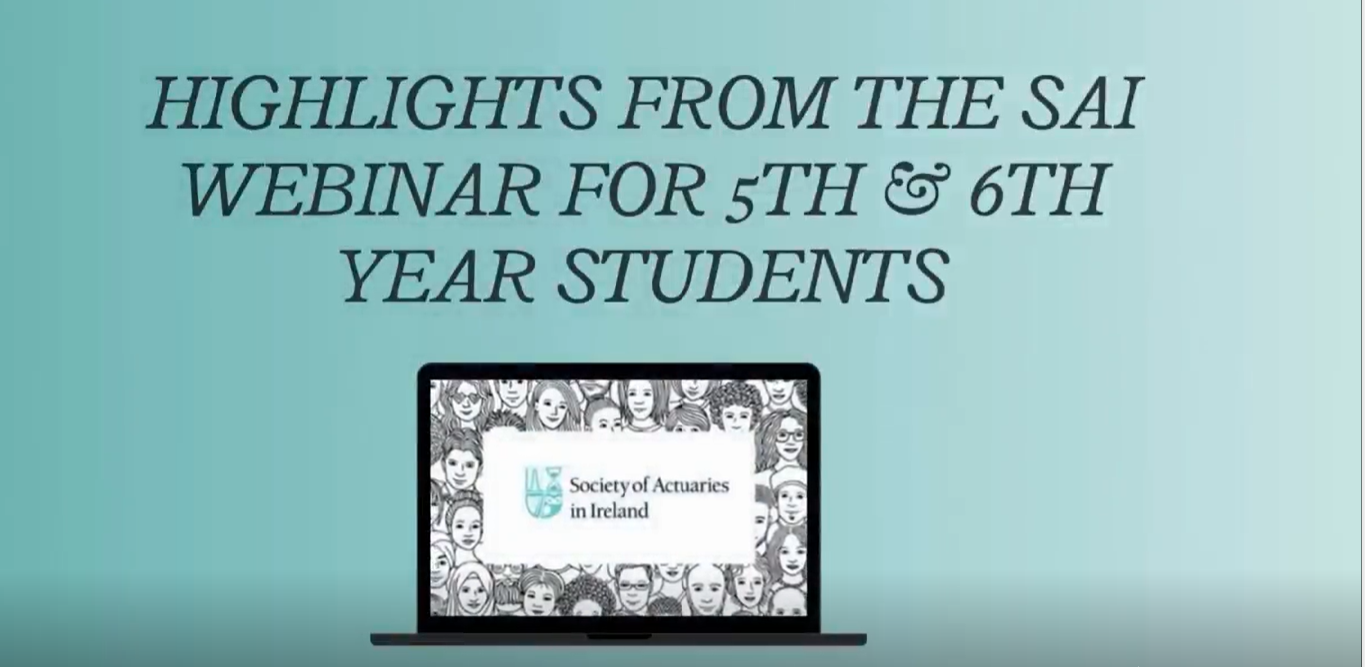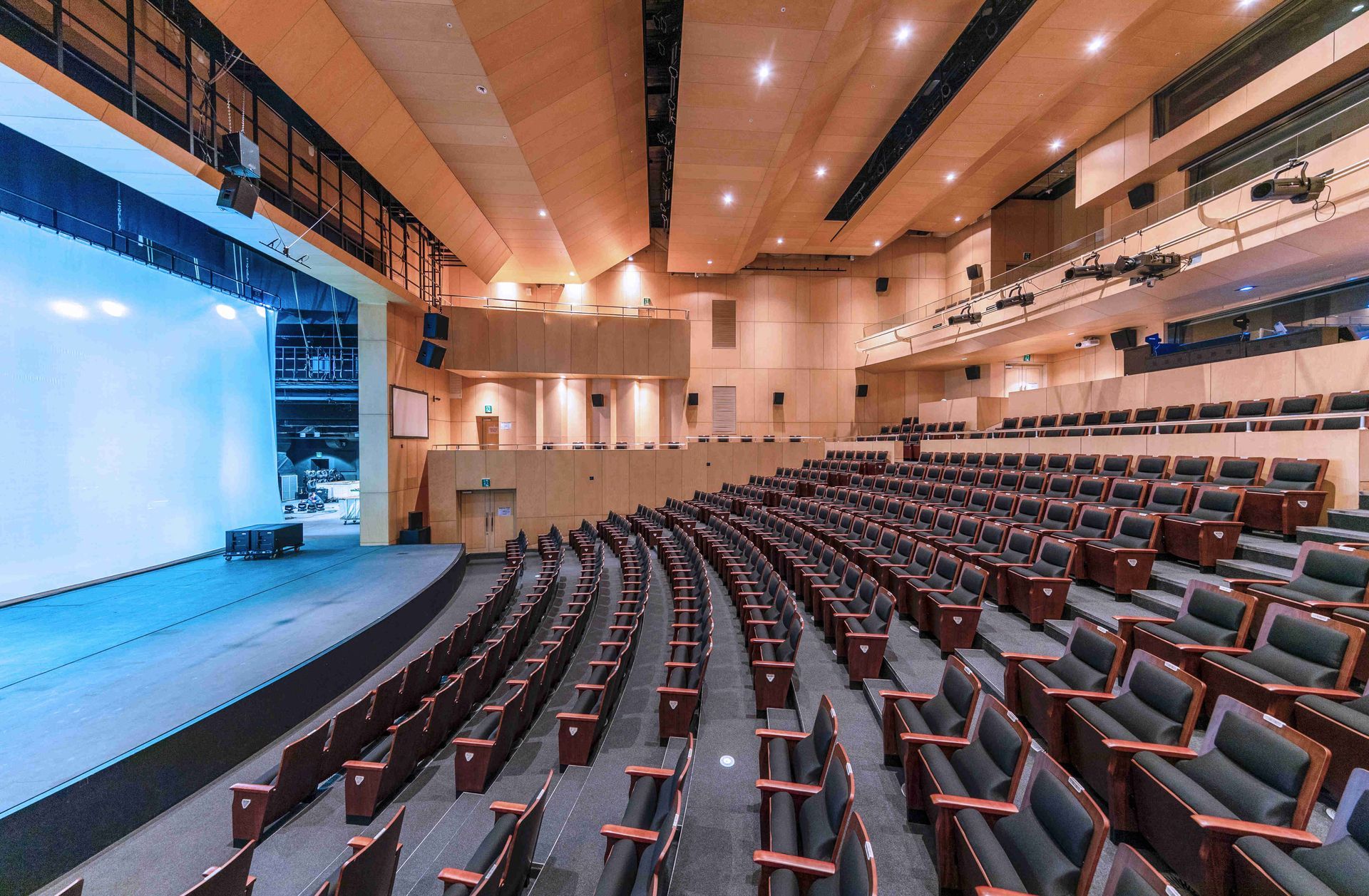14 Takeaways from the IIBN Virtual Event with Ronan Dunne
“It’s not what you do, it’s what you make happen around you.”
As many of us gathered from all over the world to tune into Ronan Dunne’s lessons of leadership during the latest IIBN virtual event on Thursday, Kieran Hynes from the KMCO Group was preparing to open up the session telling us that his company help telecoms do what they do better, are exhibiting at the Connected Britain 2020 show and is keen to launch the app in America.
 Conall O’Morain then introduced Ronan Dunne, Executive Vice President and CEO of Verizon Consumer Group. Verizon is the largest mobile phone company in the world with an easy to remember the trio of KPIs$130 billion turnover,130 million customers and 130,000 staff.
Conall O’Morain then introduced Ronan Dunne, Executive Vice President and CEO of Verizon Consumer Group. Verizon is the largest mobile phone company in the world with an easy to remember the trio of KPIs$130 billion turnover,130 million customers and 130,000 staff.
Here were my key takeaways from the session:
- Leadership needs to be authentic you can only be the person that you are.
Ronan shared a seminal moment of his career with us from his days in O2. He was sitting in his office one day about three months into role questioning and second-guessing his ability to do his job. He realised that he was turning his back on 25 years of relevant experience and trying to be somebody that he was not. He decided to go back to being himself and things moved much more smoothly from there.
- His role is a chief cheerleader and chief storyteller but his aim is to be the employer of choice in the telecoms industry.
The reason this resonated with me is that few leaders describe themselves as storytellers. I’ve heard visionaries, managers, influencers, chief bottle washer and unblockers (!), but rarely a storyteller. However, this is a great way of looking at the role and even more so to understand your audience.
- “Have a go!”
During the hour Ronan talked about life (and rugby) in Blackrock College, playing for Kilmacud Crokes, training to be an accountant with Chartered Accountants Ireland, building O2 and moving to New York. Yet when Conall asked him to pinpoint the defining characteristics of his success, he looped back to childhood. While luck plays a part, it really comes down to having a go. He was a curious kid… and maybe part of him still is, but it’s worked for the past 40 years.
- It’s not what you do, it’s what you make happen around you.
This was the one statement that he repeated again and again and again. The audience was left sure that this was a mantra that he held dear. He posited that the impact you can have is infinite while the amount of output that you can produce is finite. If you focus on contributing towards something and empowering those around you, that’s where the magic is.
- Have unbridled enthusiasm and excitement about everything!
Ronan told us that he has confidence in his ability, which is important but what is even more crucial is that he is hugely enthusiastic about what he does. This sense of excitement has established a sense of momentum in his own career that can clearly be carried on to his team. All that said, he says. He is also ruthlessly consistent.
- Good leaders make the people around them successful
Maslow’s Hierarchy of Needs is a well-worn track for many leaders but many have found a challenge in bringing their staff towards the pinnacle of self-actualisation. Ronan says that’s not just what should happen but it’s the right thing to do and thus makes the leader looks very impressive.
- You can’t add the eighth day or more than 24 hours.
Ronan could see that he was the smartest person on the team at an early part of his career and he duly got promoted. However, he wasn’t sure how to shine at the next level except for work harder. He soon learned that it’s not how hard you work, but how smart you work.
- Diversity means of thought and impact.
Great leaders develop great, diverse teams. Rather than focus on gender or race or any other voice of this nature, he says that it’s about having the diversity of thought and impact. If everybody thinks a certain way, then they will just do what every other team does. Bringing a unique combination of thinking and impact together means building the capability of doing what no other team can produce.
- Evolve from human capital to social capital.
Leadership should happen at every level of an organisation and then you can offer people the best opportunities. Rather than just letting people be themselves, encourage them and facilitate people to be their whole selves in work. Team building should consist of getting to know each other holistically, particularly in areas of lower comfort, in a safe space to build depth and resonance.
- The strategy is turning the slides of theory into practical implementation.
Ronan says that he has been blessed that every job he has done was the best job in the world at that time. He reiterates the point about his unbridled enthusiasm then and says that it’s all about attitude. It was nothing to do with the size of the organisation but with how much of a difference he could make. The impact is why, the strategy is what, and the implementation is how.
- Lift others higher by giving them the platform of your experience.
As CEO in O2, he dedicated 20% of the time in youth engagement and youth issues. Today, he gives time and energy to IIBN, Digital Irish, HBAN, Enterprise Ireland and the IDA. He seeks to channel what he has learned to those coming after him.
- “More hurry, less speed” says Ronan’s Mam
Today, Ronan notices that there is far more “Ready, fire, aim” than “Ready, aim, fire”. If he says it quickly, you might not catch the nuance of his point but his mother has it down to a tee with her version of “more hurry, less speed”. It’s important to take your time and make decisions with the knowledge that you need rather than taking action prematurely.
- Technology should serve us rather than us be a slave to it
Ronan is positive about ubiquitous connectivity giving greater choice. Technology should be a tool that serves our purpose. He cautions against the idea that working from home rids leaders of their responsibility for their staff’s wellness. Further, if moving one’s office to their sitting room is what you need and want to do, make sure to put the person at the centre of the ecosystem and not the laptop. The digital divide is wider in the US than in Europe. Collaboration tools are fantastic, but the nature of humankind is that we want human contact. Phyigital or humanising the digital experience, in answer to the remote working question.
- It’s interesting to examine the “past of the world of work” as we look forward.
The industrial revolution brought about the idea of clocking on and off, an attitude of “time is money” and was the key driver of urbanisation. What will this revolution do and more importantly, what will you be responsible for doing as a leader?







